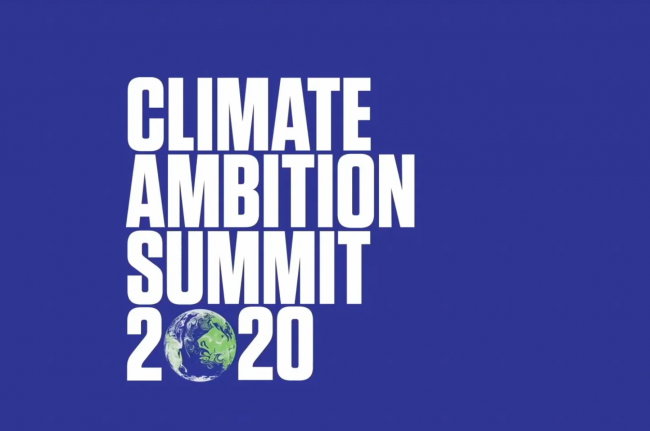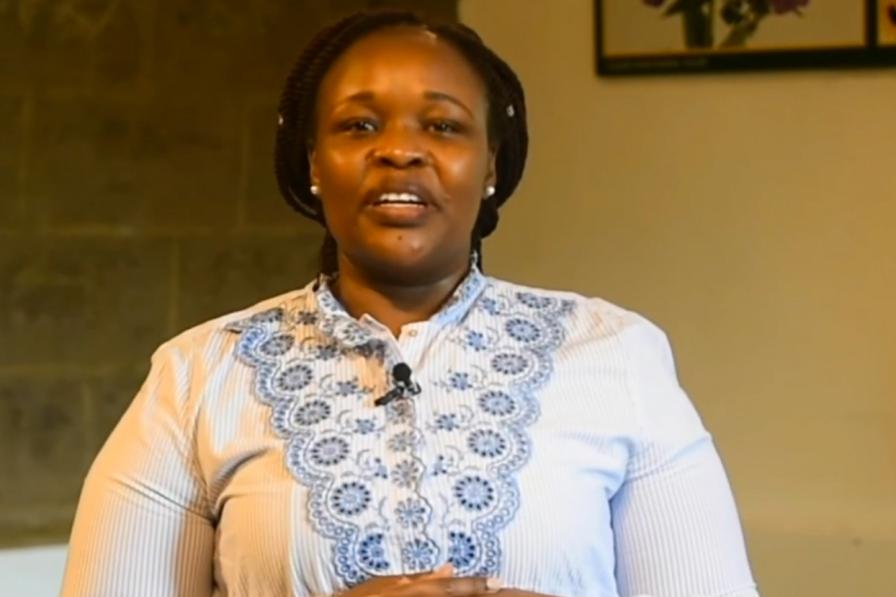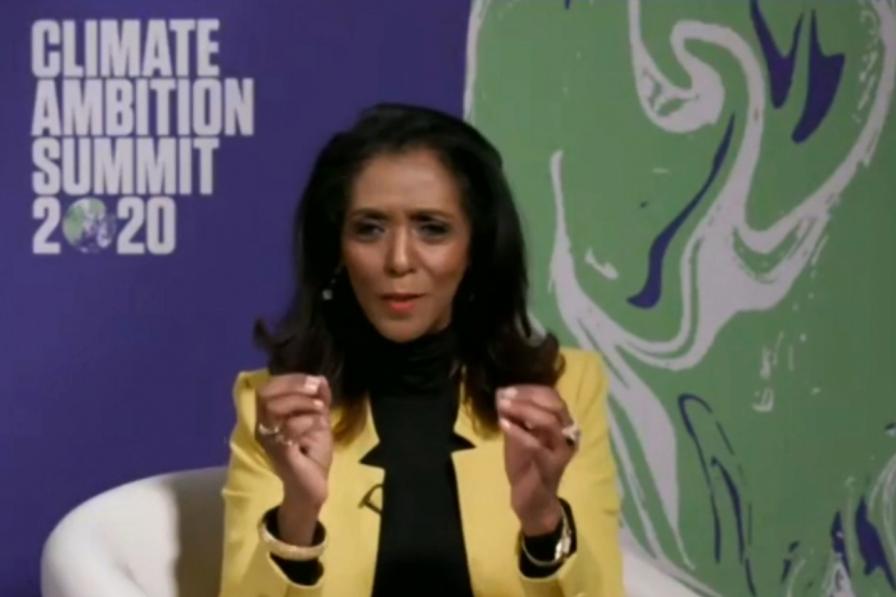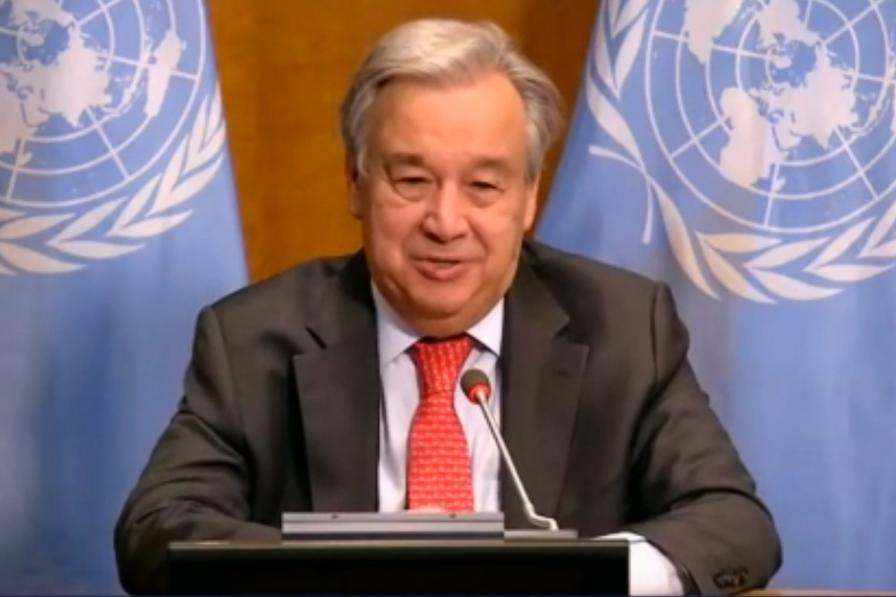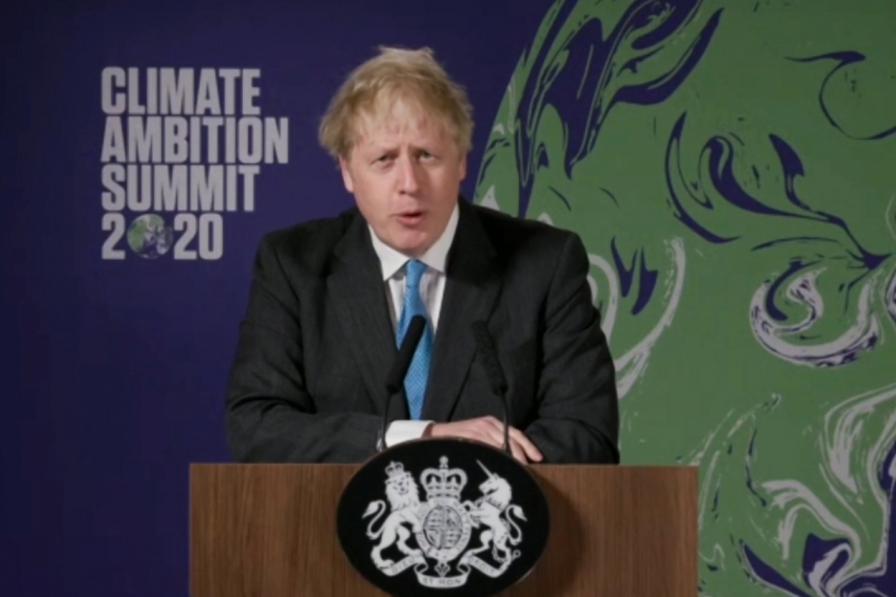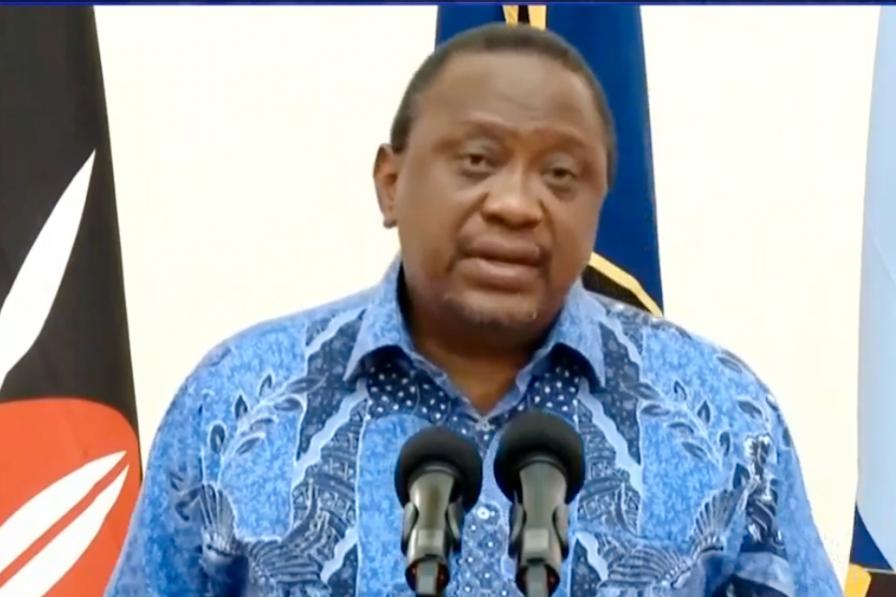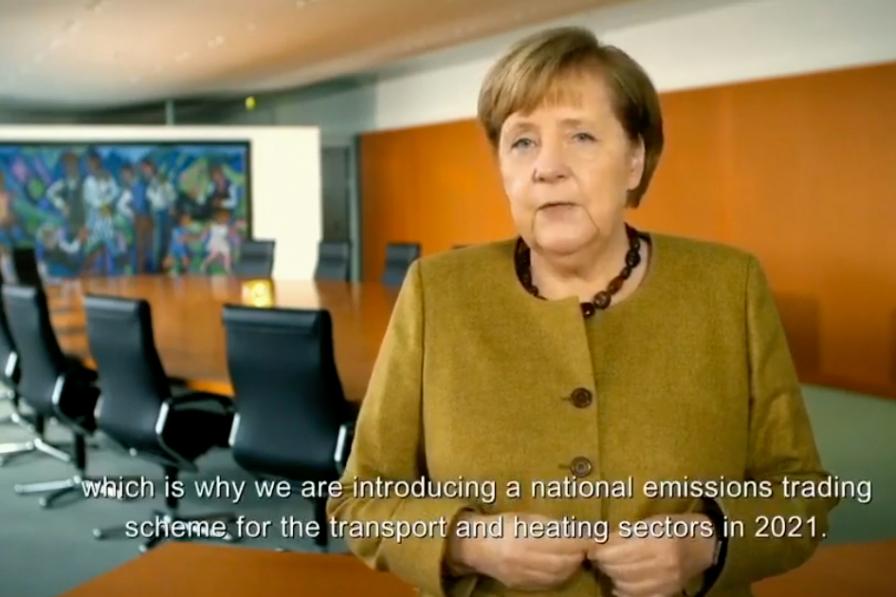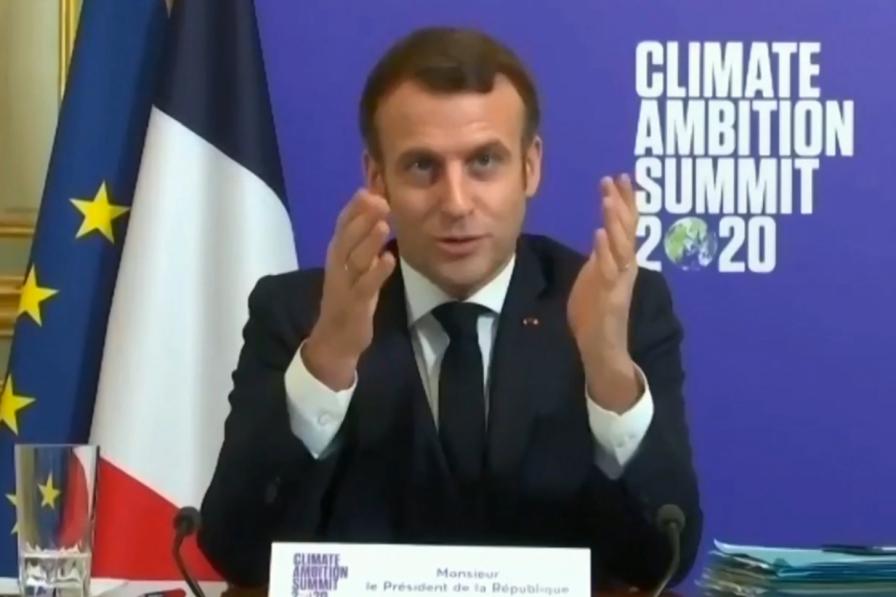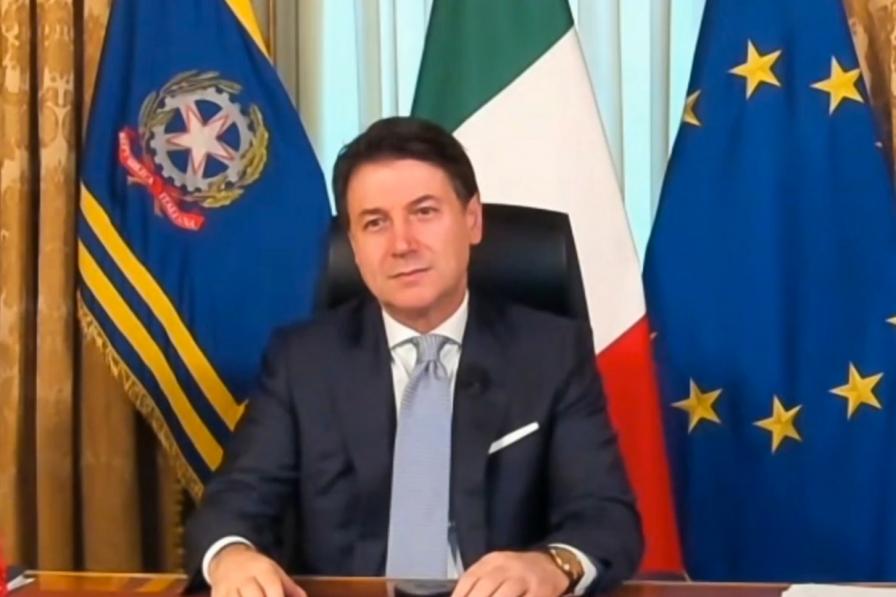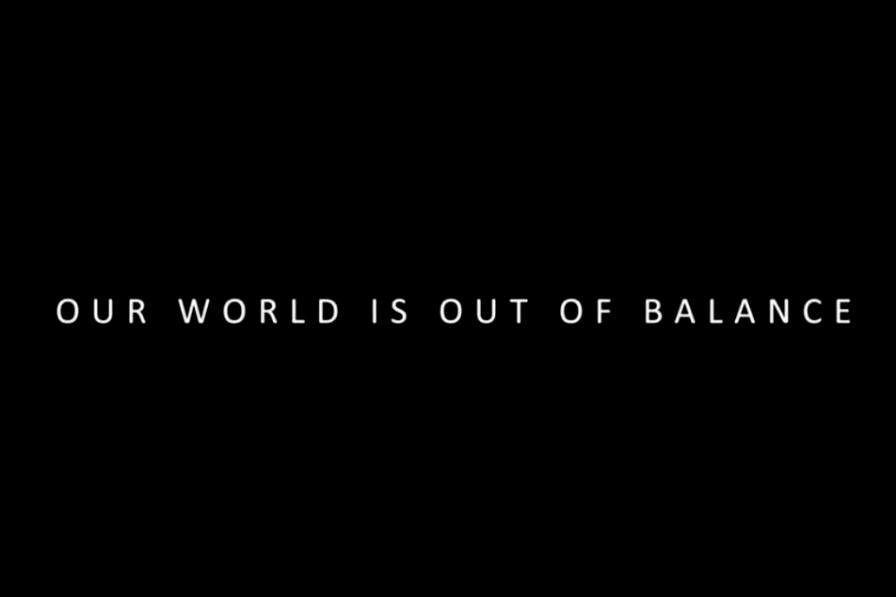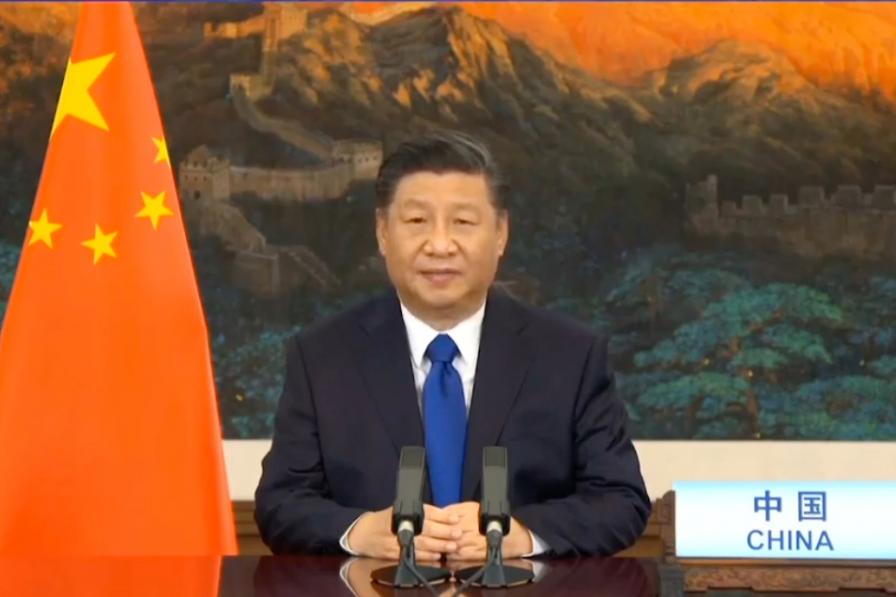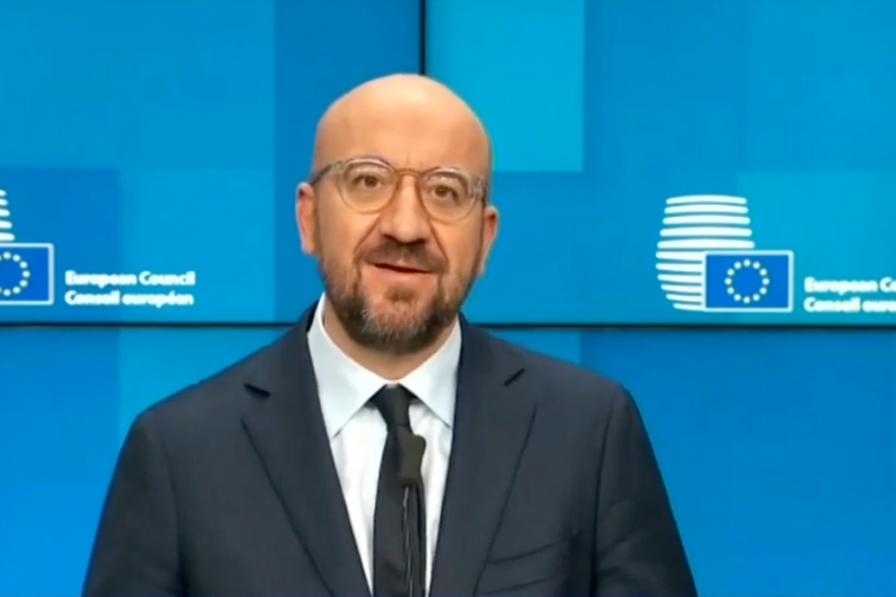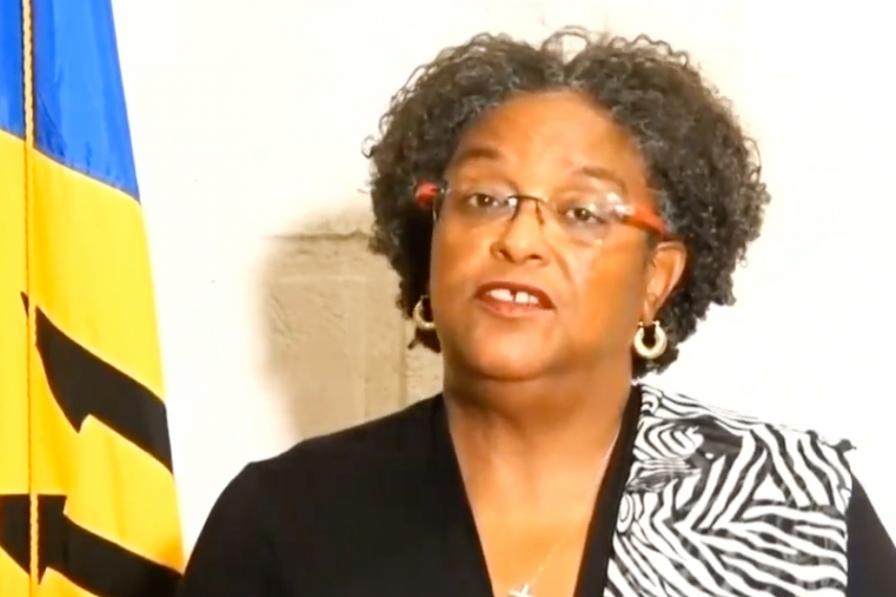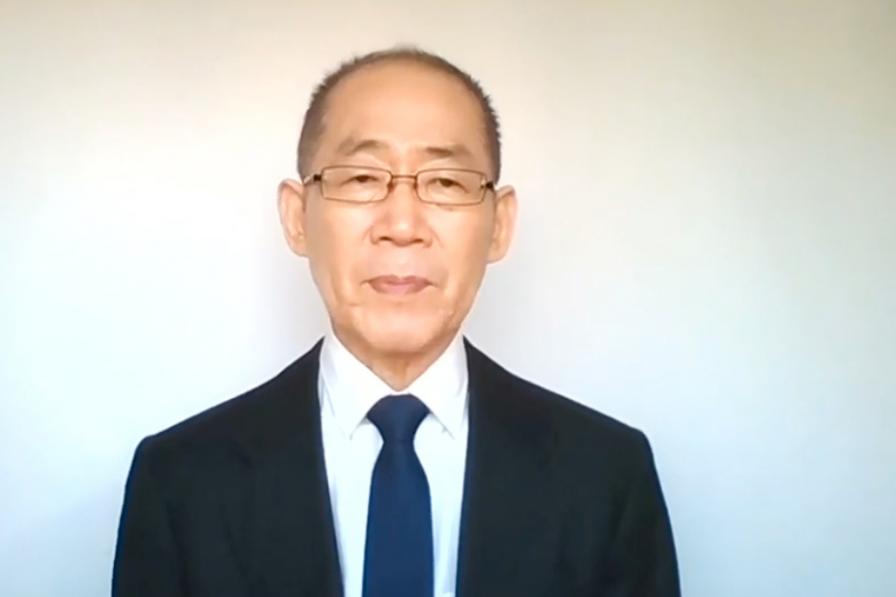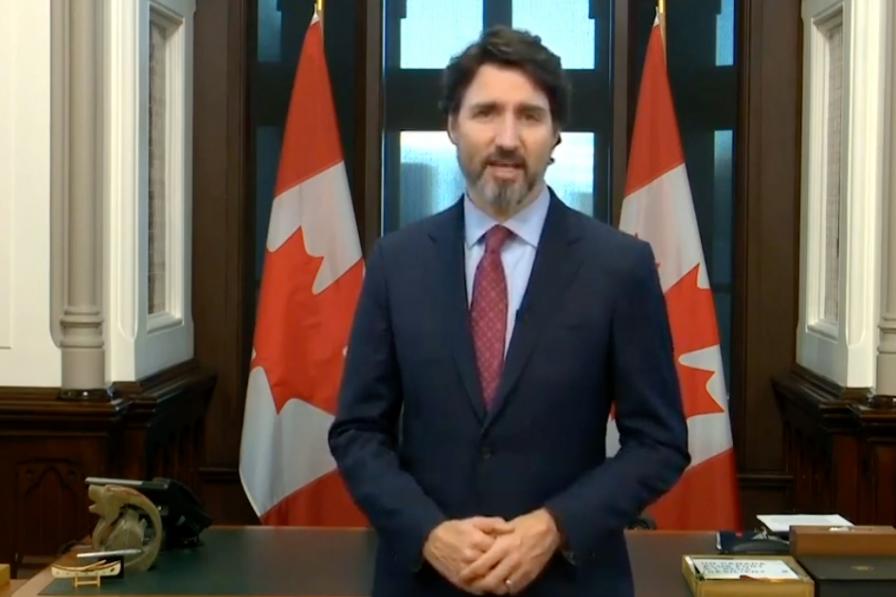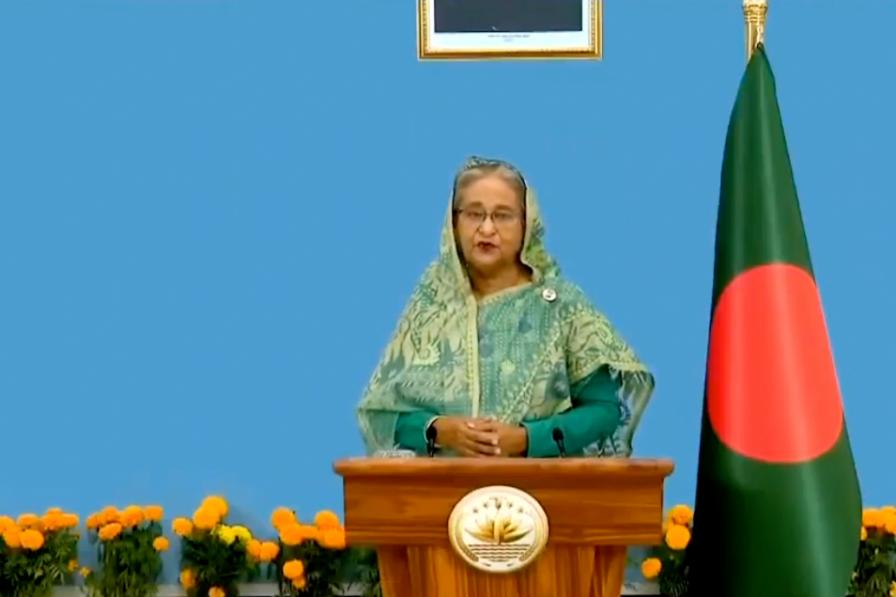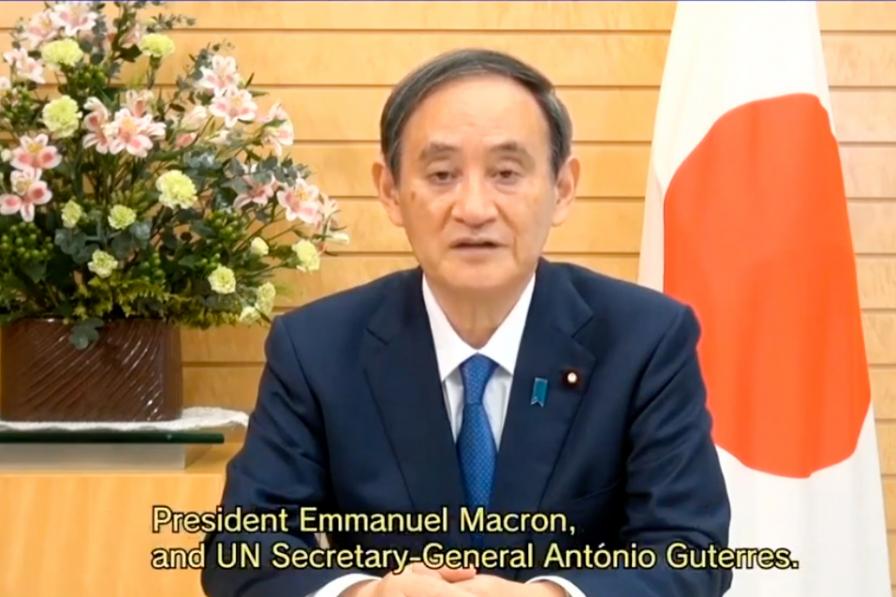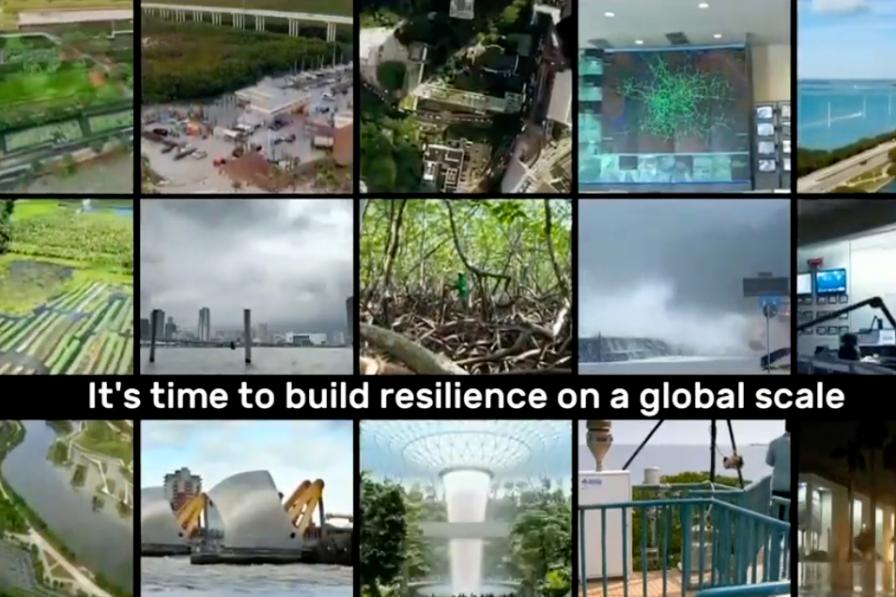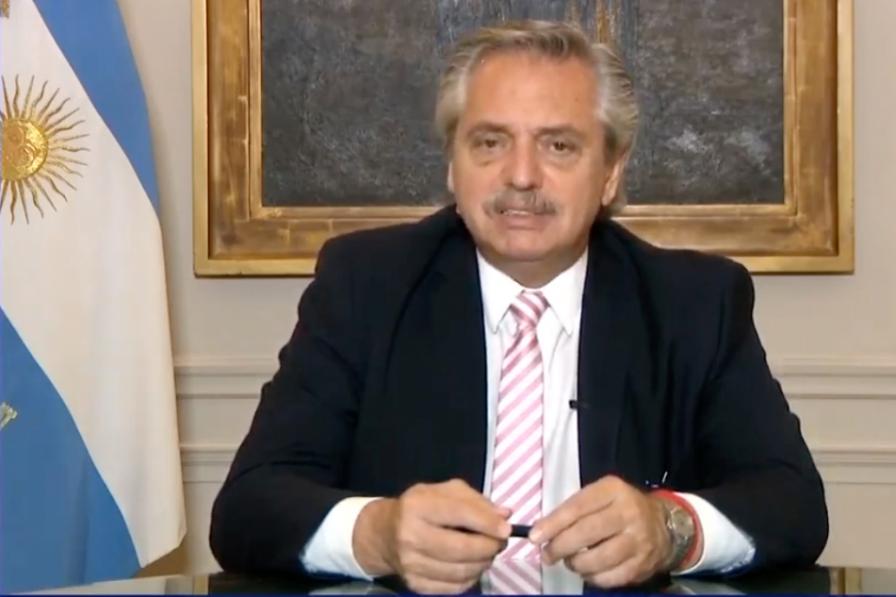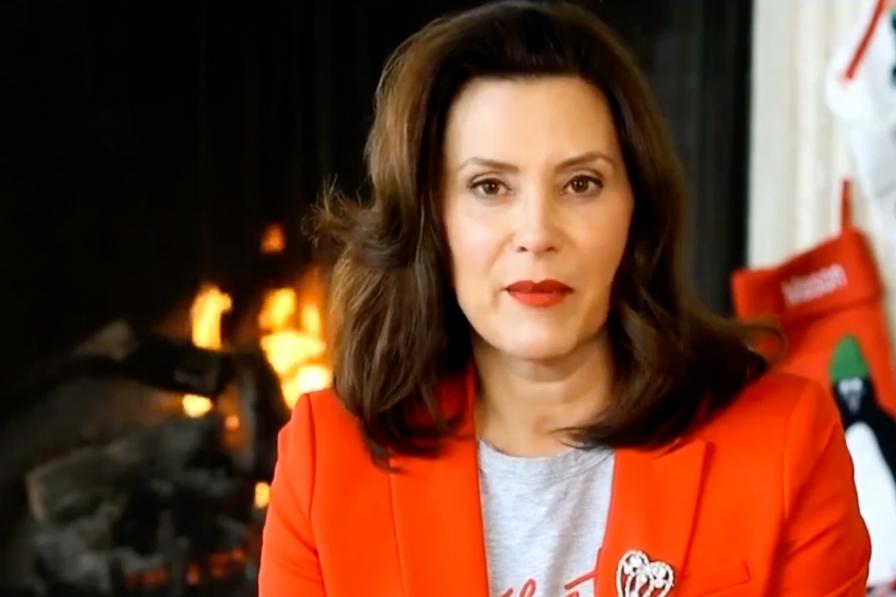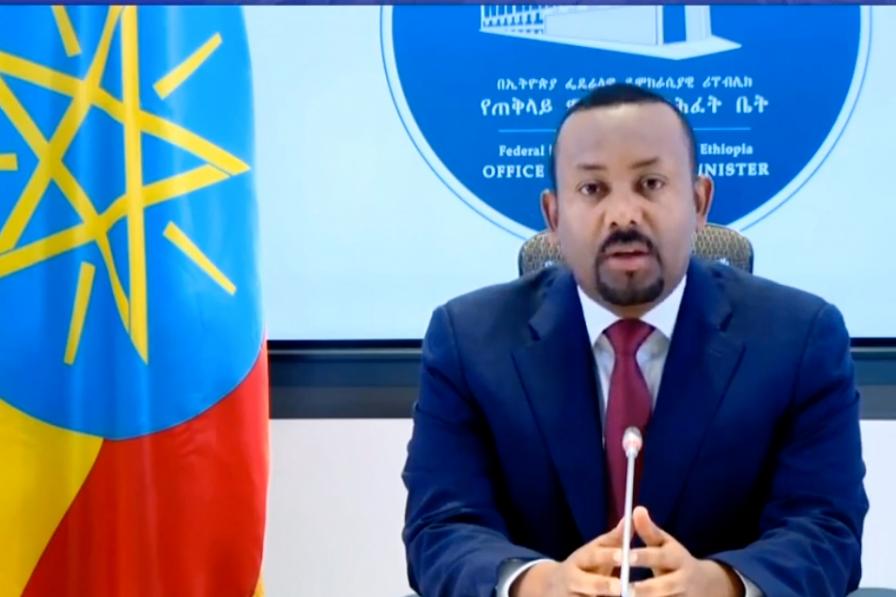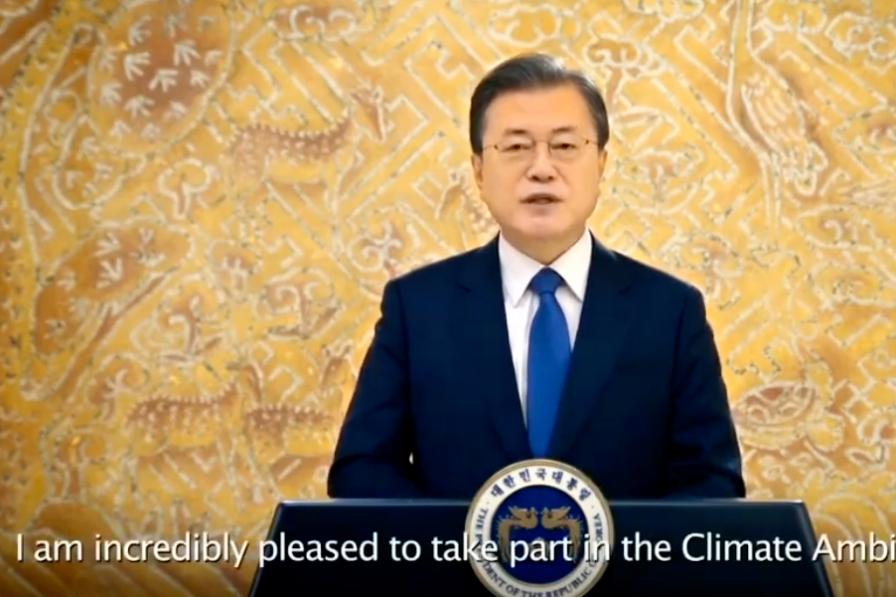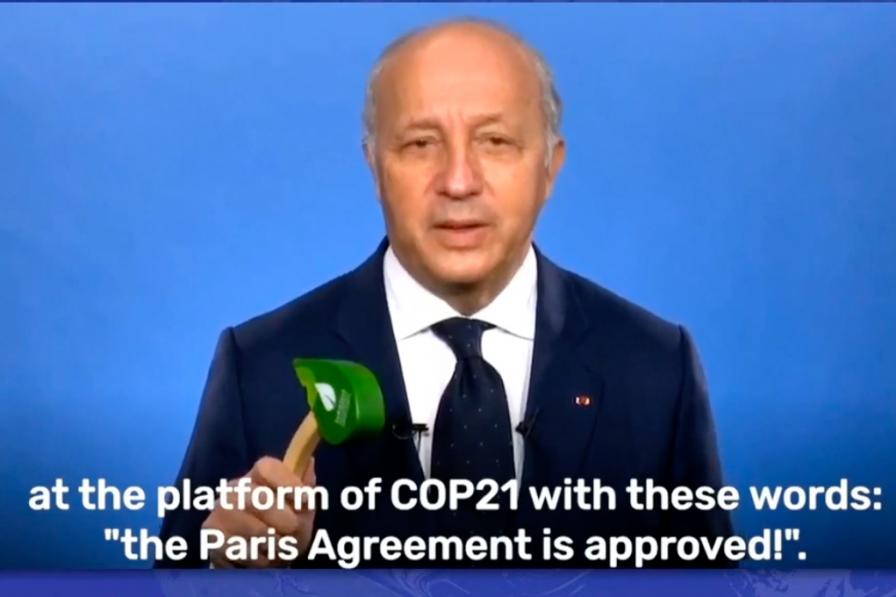“Five years after Paris, we are still not going in the right direction,” UN Secretary-General António Guterres alerted at the opening of the Climate Ambition Summit. Making a call for a global coalition for carbon neutrality by mid-century and 45% cuts to greenhouse (GHG) emissions by 2030 below 1990 levels, he commended leaders coming forward with new targets, and urged all stakeholders to adopt net-zero pledges and begin implementing them now. Deploring that adaptation presently represents only 20% of climate finance flows, he stressed that global finance must be aligned with the Paris Agreement’s goals, and called for decarbonizing private portfolios and mobilizing both public and private finance towards developing countries’ needs.
Drawing attention to the “sudden surge of scientific optimism” around COVID-19 vaccines after an extraordinarily difficult year, co-host Boris Johnson, Prime Minister of the United Kingdom, saw hope in using scientific advances to not only recover from the pandemic but also protect the planet and biosphere while creating millions of high-skilled jobs.
The summit, co-convened by the UN, United Kingdom, and France, in partnership with Chile and Italy, heard announcements from 75 leaders, including 45 relating to new and enhanced Paris Agreement nationally determined contributions (NDCs), 24 net-zero emissions commitments, and 20 new adaptation and resilience plans. Several countries and financial institutions made new climate finance-related pledges, including: the United Kingdom, which pledged to double its climate finance contribution to USD 15.5 billion over the next five years; and the European Investment Bank, which announced a goal of 50% of investments going toward the climate and environment sectors by 2025.
Announcements made by countries included: China’s commitment to lower its carbon dioxide emissions per unit of GDP by over 65% from 2005 levels by 2030 and the EU’s commitment to reduce GHG emissions by at least 55% from 1990 levels by 2030. Numerous countries announced or affirmed their commitment to reaching net-zero carbon dioxide or GHG emissions by mid-century.
Many vulnerable countries stressed the importance of continuing financial and technical support to enable their contributions to emissions reductions and building resilience. David Kabua, President of the Marshall Islands, called on major emitters to support not only a lasting and sustainable recovery from the pandemic, but also "a plan for collective survival." Other voices were more pointed in their critiques: climate activist Selina Neirok Leem expressed the anger and disappointment of youth regarding insufficient levels of financial support, calling on the "1% elites" to remove "artificial barriers" to equitable financing of adaptation.
Taking stock of the summit’s outcomes, COP 26 President-designate Alok Sharma affirmed that, while progress had been made, the world remains off track to keep warming below the 1.5°C threshold needed to make the Paris Agreement a reality. Looking ahead to 2021, he outlined four goals for the global climate agenda: a “step change” in mitigation by aligning every NDC with a 1.5°C degree pathway; strengthened adaptation, including by addressing loss and damage; increased flows of climate finance; and enhanced international collaboration.
